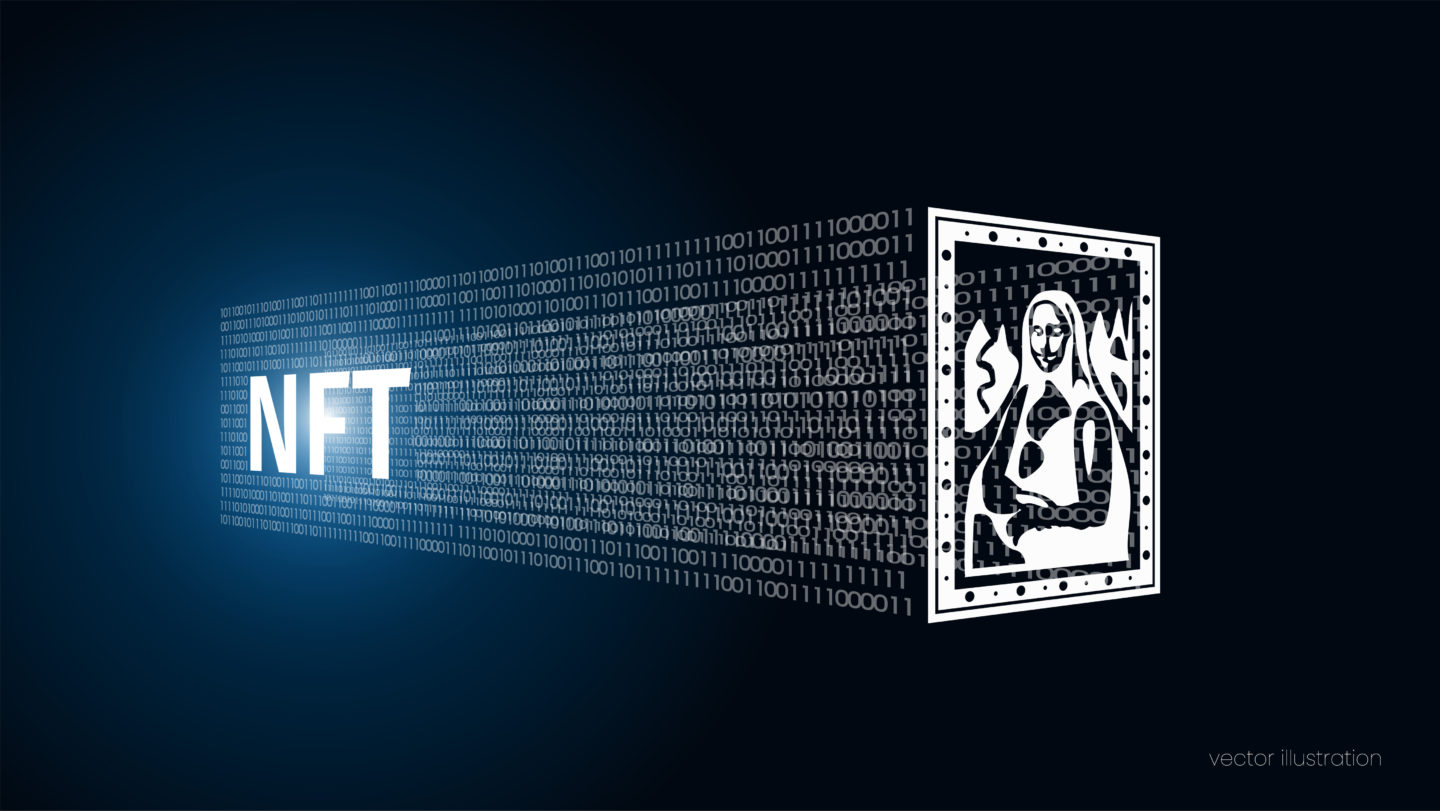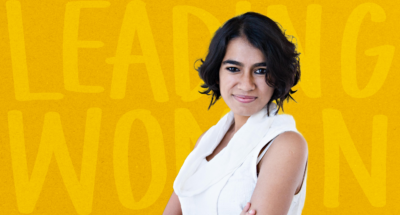Mathias Imbach, CEO of Sygnum – the world’s first licensed digital bank – explains how the company found its niche positioning.
You cover the entire value chain of digital assets, but are somehow different to other similar players in Switzerland. Could you explain how?
We cover everything from cryptocurrencies, stable coins to asset tokens. Sygnum Bank was the first to be licensed as a fully regulated bank in the digital asset space, which by some was perceived as very risky and “too early”. We are a digital asset technology group with a banking license in Switzerland and a capital-markets-services license in Singapore, and we just raised US $90m in an oversubscribed Series B funding round.
Today, there are only two regulated banks in this space, Sygnum being one. Our setup means we have a dual headquarters that focuses on the interface between Europe and Asia. But we are not a bank with an IT department; we are a technology company with a banking license. And we currently empower nearly 1,000 clients, growing fast – institutional and private qualified investors, corporates, banks and other financial institutions – to invest in the emerging digital asset economy with complete trust.
The four co-founders and I realized in 2017 that the ability to transfer originals, not copies, without intermediaries from anywhere in the world as long as there is access to the internet is very disruptive. However, it also was a time where the early use cases and their implementation were perceived by many as quite detached from reality. That is, whenever great minds, founders and early technology adopters wanted to interact with traditional finance and, for instance, open a bank account to pay employees’ salaries the process was difficult to impossible.
We wanted to unblock it, so came up with a bridge between decentralized future finance and traditional finance, where 99% of money still is today. We also did so following the principle of “future has heritage”; that is to say we believe in the power of decentralization, but at the same time find it important to respect heritage, such as the need to know your customer, to follow anti-money laundering as well as to uphold investor suitability rules at all times.





